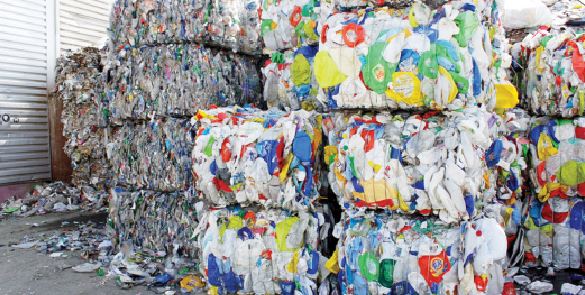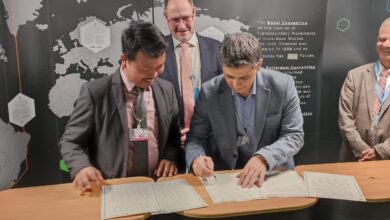The birth of production from the heart of waste
Waste is a latent urban and industrial asset whose recycling not only helps reduce environmental pollution, but also reduces production costs in some sectors.

Waste is a latent urban and industrial asset whose recycling not only helps reduce environmental pollution but also reduces production costs in some sectors. One of the questions that come to mind is” why?”. Sometimes it is even heard that some industrialized countries import waste from other countries and even stranger it is called wealth. Part of the production lies in the heart of this waste.
Measures for waste recycling
Another municipal measure to reduce household waste is compost, which is generated from municipal waste at the landfill. This fertilizer is standardized and used for green spaces in city parks. As for industrial waste, according to the law, it is the responsibility of the producers themselves and the municipality does not have the capacity to receive industrial waste.
According to the announcement of the National Environmental Protection Organization, the municipality is not responsible for this. Finally, regarding hospital waste, it should be said that this waste is brought to the landfill and according to the agreement made with the Ministry of Health and Medical Education, the waste is first decontaminated and then the municipality can receive it and again at the landfill. It is not placed next to household waste.
Distance to optimal condition
Hassan Pasandideh, Director General of the Waste Management Office of the Department of Environment of Iran: Response: Establishment of municipal waste to energy conversion facilities in the country, 4 factories, and waste incineration plants are used. Currently, the waste acceptance capacity in Tehran is 200 tons per day and 3 MW of electricity generation, Nowshahr is 200 tons per day, and 3 MW of electricity is being exploited. Two power plants are being built in Sari and Rasht with a capacity of 450 tons per day and 7 megawatts, 600 tons per day, and 9 megawatts of electricity, which have not yet been put into operation. Of course, in order to support the establishment of a waste incineration plant and the guaranteed purchase of electricity, a good piece of legislation has been passed, entitled the law to help organize the management of ordinary waste with the participation of the non-governmental sector.
According to this report, programs in the country are far from the desired point in the field of waste management. Ongoing programs do not respond to the high volume of waste generated, in addition to the fact that the management of industrial waste is left to the producers, in which it can be said that almost nothing has been done in the field of recycling. Some have taken limited action, but given the volume of this waste, it is still a long way from relatively good conditions.




